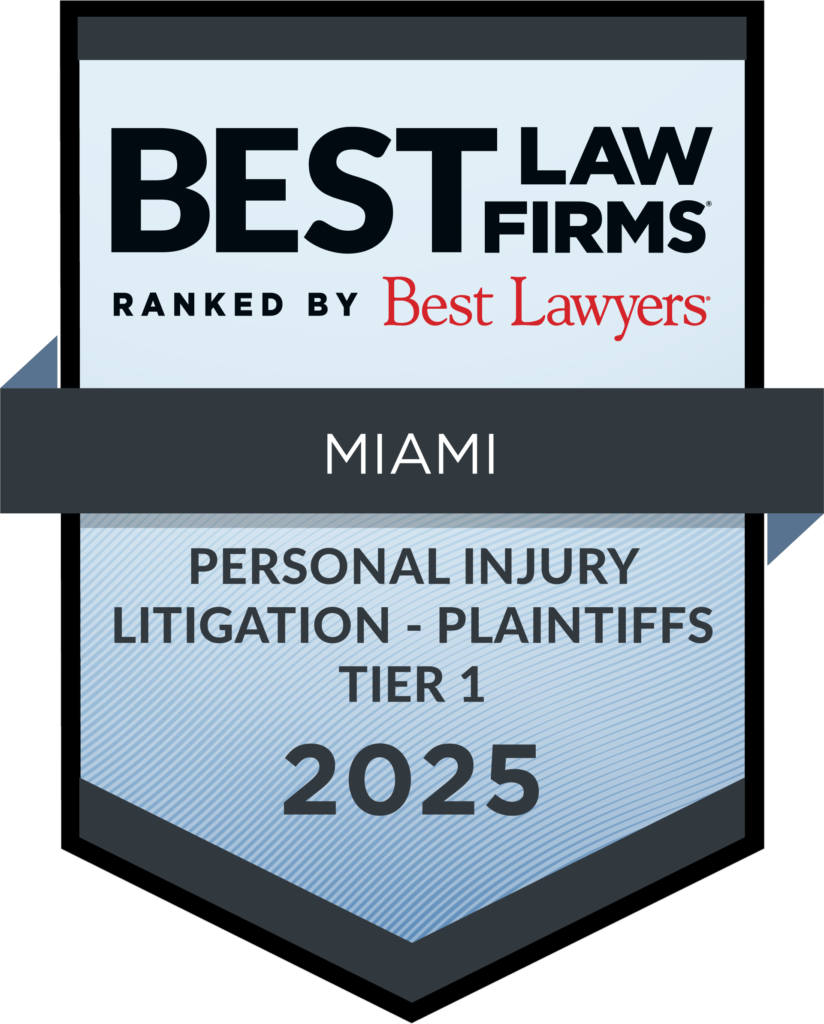Workplace violence tends to grab headlines because the thought of a coworker murdering or maiming colleagues imparts a sense of dread that we do not like to visualize in those around us every working day of the week. More frequent, however, are those crimes of opportunity facing employees in high-risk environments, such as convenience and liquor stores, fast food restaurants and check cashing businesses. The nature of their work requires large amounts of cash on hand, and such businesses are frequently located on major highways to increase foot traffic and customer counts. Those same factors that make the shopping experience easier for the customer help make committing these crimes easier for the would-be robber. The ability to enter the property in a car, and disappear rapidly into a sea of commuter traffic make apprehension much more difficult for law enforcement. Signage in the windows offering discounts and sales often blocks the view of passersby into the windows, making the observation of an ongoing crime more difficult. In the convenience store setting, Florida law acknowledges these realities through F.S. 812.173, the “Convenience Business Security Act.”
These businesses are a danger from the day they open their doors to their first customer, regardless of the crime profile of the surrounding community. Statute 812.173 regulates everything from parking lot lighting to signage and staffing requirements. The requirements are even more stringent if a particular business has already been victimized by murder, robbery, sexual battery, aggravated assault, aggravated battery, or kidnapping or false imprisonment. (Haggard Law Negligent Security)
Contact Haggard Law For a Free Consultation
Owners and operators of these businesses should focus on these laws before a tragedy strikes, to be in compliance with the laws, even when not explicitly required by statute to do so. The reason is simple and obvious. Preventing violence against employees and customers is easier to accomplish when the studied, proven methods of target hardening are implemented proactively. The “answers” are all right there in the statute. While there is no guarantee of preventing all crime at all businesses, where employee safety is priority number one, companies can greatly reduce the attractiveness of their property for the next opportunistic or desperate offender. After all, with a fast food restaurant or convenience store on blocks throughout most major American cities, the risk-averse criminal will simply move on to the softer target.
The same principles which apply in the convenience and liquor store industry apply to apartment homes, motels and parking lots. With employees working around the clock, both inside and outside the business, attention to security vulnerabilities will reduce the probability that your business will be perceived as an easy target. Nobody likes to go to jail. When lighting is effectively diffused throughout vulnerable areas, and the core work areas are visible inside and out, the offender will think twice before committing a violent act for all to see.
While “shocking” crimes, unfortunately, happen every day in our society, it is incumbent on owners and operators to give security measures the proactive attention they deserve. Contacting local law enforcement for a security survey (usually a free service, offered by most police agencies) is the best way to ascertain the weakest links in a company’s security program. Familiarizing one’s self with laws that will apply after a tragedy is a good way to avoid one in the first instance. As the saying goes, “an ounce of prevention is worth a pound of cure.”
This article was written by Christopher Marlowe of The Haggard Law Firm. Click here to read his bio











